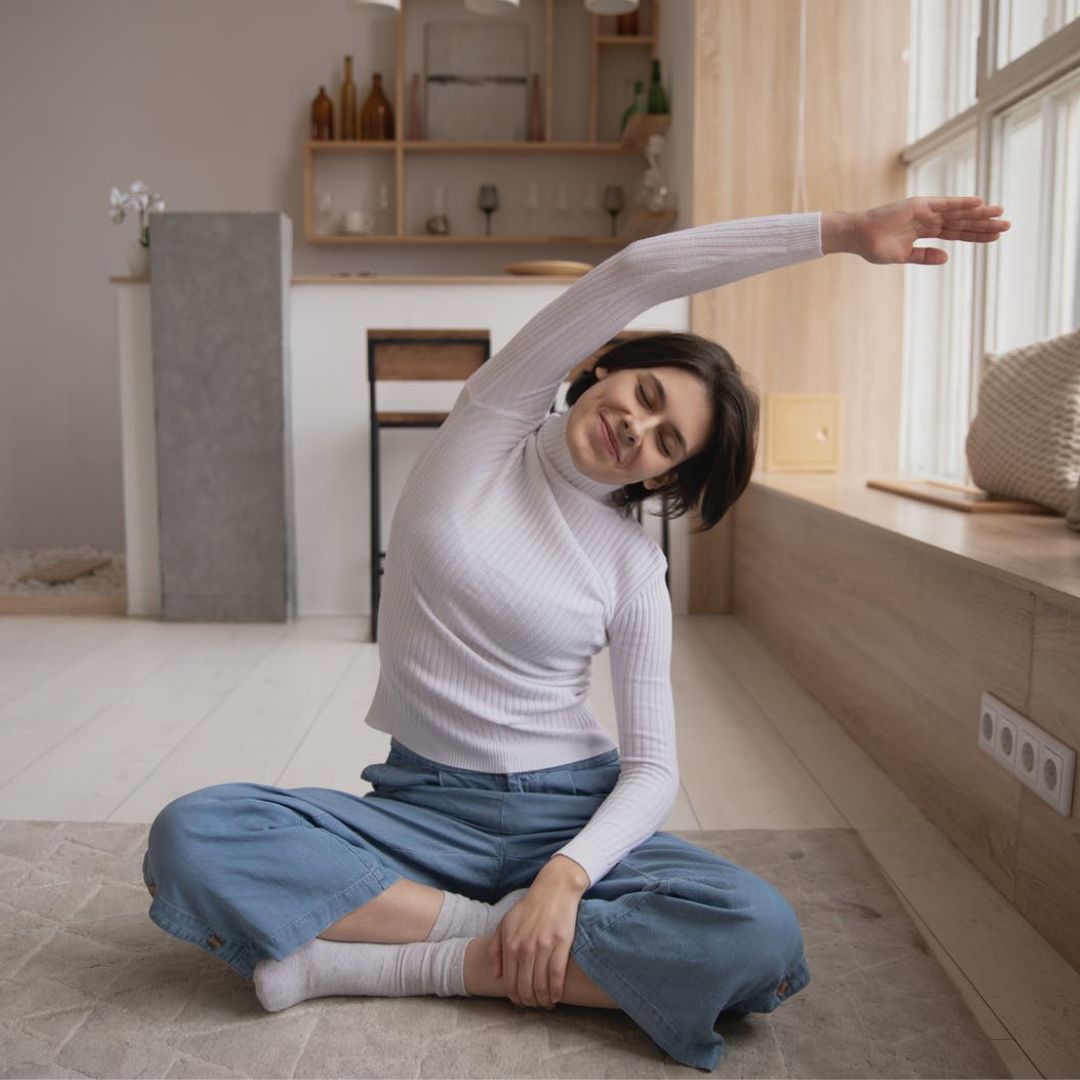Light Activity Before Bed Improves Sleep: Study

In a study, researchers from the University of Otago have discovered that short bursts of light activity in the evening can lead to improved sleep, challenging long-held beliefs about pre-bedtime exercise.
The study, published in BMJ Open Sport & Exercise Medicine and funded by the Health Research Council, found that participants who engaged in brief activity breaks during prolonged sitting sessions slept for an additional 30 minutes compared to those who remained seated.
Lead author Jennifer Gale, a PhD candidate in the Department of Human Nutrition, emphasized the risks associated with prolonged sitting. “Sitting for long periods is linked to increased risks of diabetes, cardiovascular disease, and death,” Gale stated. She noted that for many people, the longest period of uninterrupted sitting occurs at home in the evening.
The research team, led by Dr. Meredith Peddie, a Senior Lecturer in the Department of Human Nutrition, designed a simple intervention involving three exercises: chair squats, calf raises, and standing knee raises with straight leg hip extensions. These exercises were chosen for their simplicity and ability to be performed without special equipment or interrupting leisure activities like watching TV.
“From what we know from other studies, you could probably get a similar effect if you walked around your house, marched on the spot, or even danced in your living room,” Dr. Peddie explained. “The most important thing is that you get out of your chair regularly and move your body.”
The study’s findings challenge current sleep guidelines that discourage high-intensity exercise before bed due to concerns about increased body temperature and heart rate affecting sleep quality. Dr. Peddie suggested that it might be time to review these guidelines, as their study has shown that regularly interrupting long periods of sitting could be a promising health intervention.
This research is particularly significant given that insufficient sleep can negatively impact diet and has been associated with heart disease and type 2 diabetes. While it’s well-known that higher levels of physical activity during the day promote better sleep, this study provides new insights into the benefits of light evening exercise.
As the world grapples with increasingly sedentary lifestyles, especially in the evenings, these findings offer a simple yet effective strategy for improving both physical health and sleep quality. The researchers hope their work will contribute to updated health guidelines and encourage people to incorporate more movement into their evening routines.






